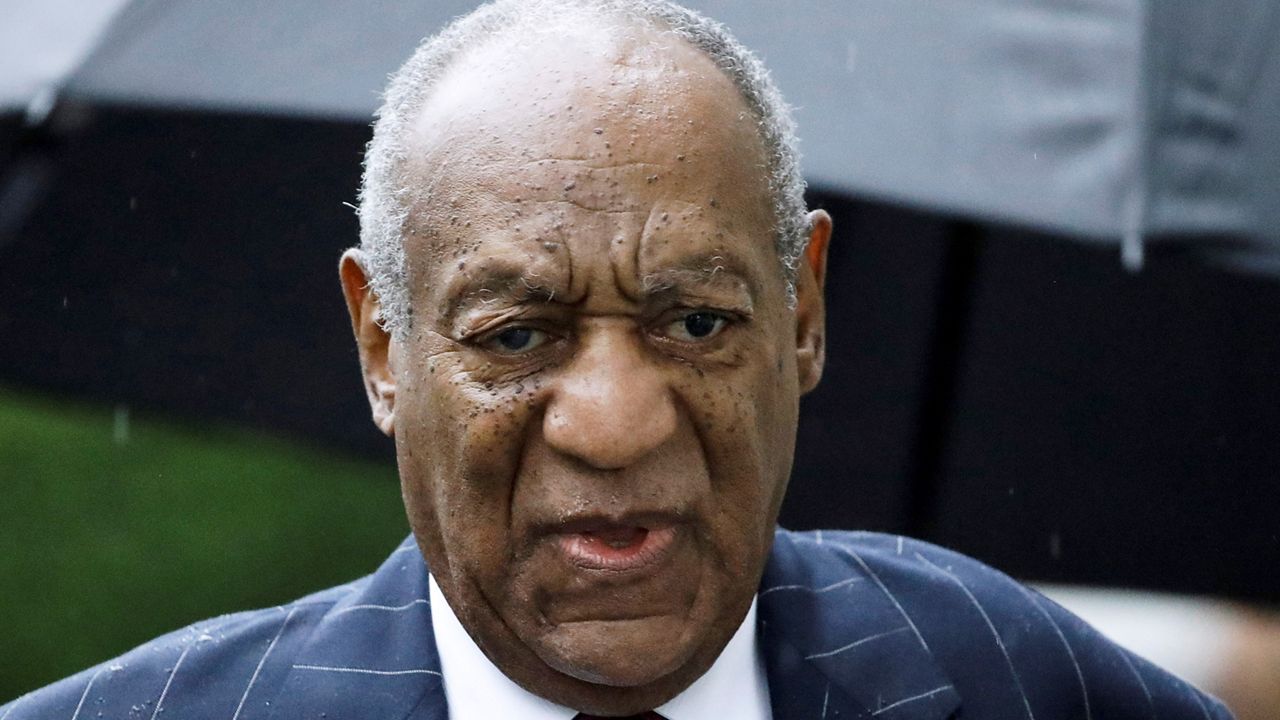SANTA MONICA, Calif. (CNS) — Lawyers for Bill Cosby are asking for dismissal on constitutional grounds of a Riverside County woman's lawsuit that alleges the comedian sexually abused her in 1974 when she was a minor, arguing that she waited too long to file her case.
The motion targets plaintiff Judy Huth's reliance on a California statute first enacted in 1986, which revived civil actions for injury resulting from sex acts with a minor committed by a household or family member. The statute was amended in 1990 and again in 2019.
Cosby's lawyers argue in court papers filed March 16 that the statute violates the constitution's ex post facto rule, which applies to laws that either impose punishment for an act that was lawful when committed or if the law retroactively imposes a greater punishment on unlawful conduct.
"Allowing this suit to go forward violates the fundamental notions of fairness embodied in our (state and federal) constitutions," Cosby's lawyers state in their court papers.
The current amended form of the statute was introduced less than a year after Cosby was first accused of sexual misconduct, suggesting that the legislature had him in mind when it was passed, the entertainer's lawyers state in their court papers.
"The legislature intended this law to punish, so it violates the ex post facto rule," according to the Cosby attorneys, who further argue in their court papers that Huth's case, brought in Santa Monica Superior Court in December 2014, had a filing deadline in 1978.
Huth, 63, who lives in the gated community of Canyon Lake, sued Cosby, now 84, in December 2014, alleging sexual battery and both intentional and negligent infliction of emotional distress. She alleges that in 1974, when she was 15 years old, Cosby invited her and a 16-year-old friend into a house where he convinced her to drink a beer for every game of pool he won. Huth alleges he later took her and her friend to the Playboy Mansion and molested her in a bedroom.
Cosby was previously convicted in a retrial in Pennsylvania of allegations that he drugged and molested Temple University employee Andrea Constand. He was sentenced in 2018 to 10 years in prison, but that state's Supreme Court last June overturned the conviction after finding he had obtained a nonprosecution agreement from a prior prosecutor.
The Supreme Court earlier this month rejected a request from Pennsylvania prosecutors to review the state Supreme Court decision. No date has been set for a hearing on the Cosby dismissal motion.



